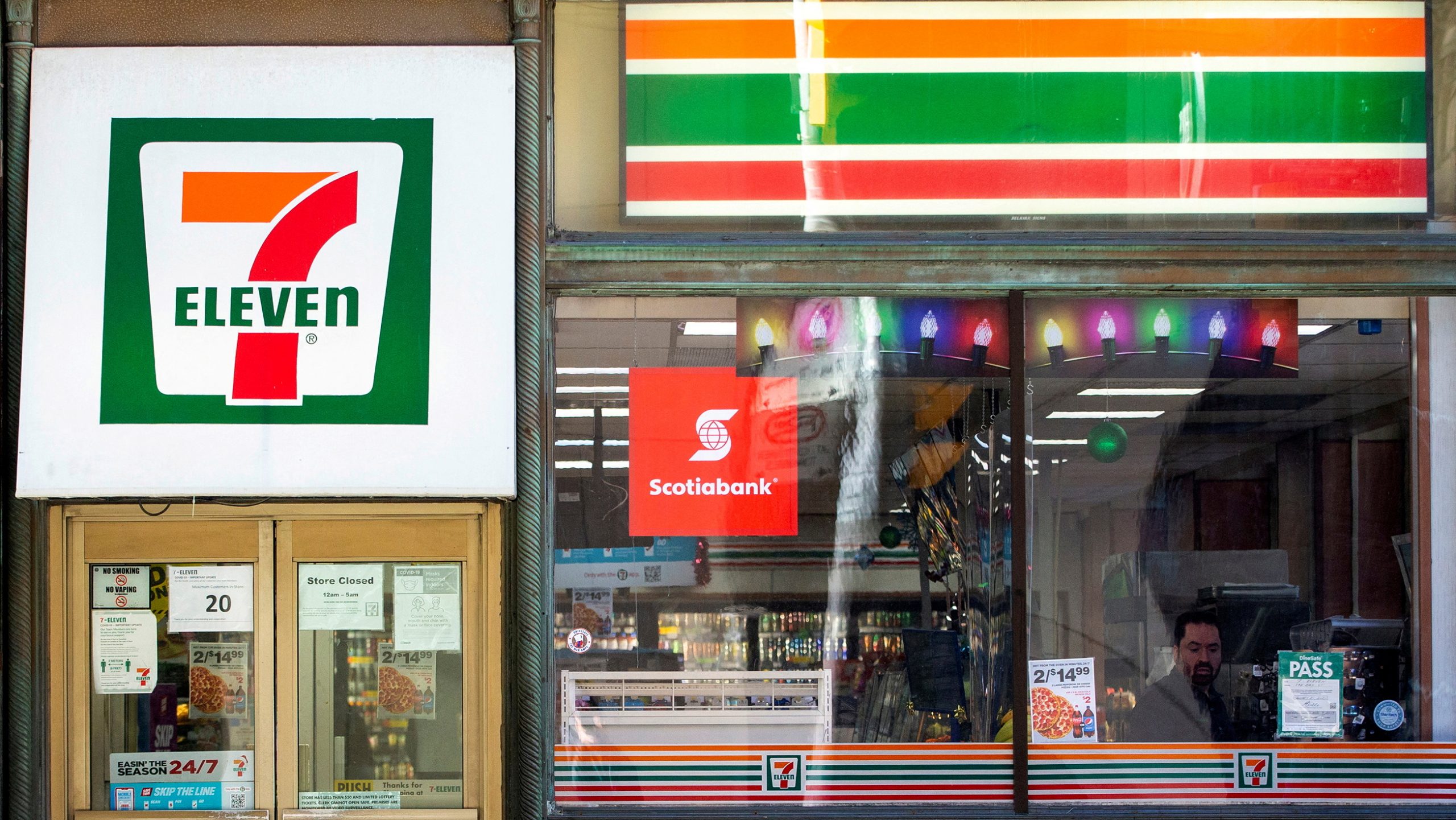Business
ValueAct urges 7-Eleven owner to examine alternative strategies

ValueAct Capital has called on 7-Eleven’s owner Seven & i Holdings to listen to shareholder concerns and to consider strategic alternatives, including a possible sale.
U.S.-based investment firm ValueAct has written to the Japanese company’s board to say it must quickly pursue “bold, structural reform”, calling it “strategically unfocused” and saying it is “vastly underperforming its potential”.
There has been growing frustration among investors in the 7-Eleven convenience store chain’s owner about its lagging share price, with some shareholders pushing it to break up.
Seven & i should “consider alternative ownership structures for its business units as well as the whole company to achieve the focus necessary to improve competitiveness and performance of the businesses, especially 7-Eleven,” ValueAct’s letter said.
ValueAct, which owns a 4.4% stake in Seven & i, said it is making two requests of the board and was making the letter public, a rare step for the investment firm.
To put extra pressure on the board, ValueAct said it also wants to hear a public response to its requests after the next regularly scheduled board meeting, which is in early February.
It said it wants one or more outside directors from Seven & i to contact portfolio managers at 30 of the company’s biggest investors to “listen directly to their views.”
And it called for the creation of a “Strategic Review Committee”, made up of only outside directors to consider whether the “sale or spin-off of divisions or a business combination with a third party would deliver superior value and strategic benefits to the company and its stakeholders.”
Such a public statement is a highly unusual step for ValueAct, which has spent decades building a reputation for working collaboratively with management instead of dictating terms publicly as many activist investors have done.
It is one of a small number of U.S. firms that have invested more heavily in Japanese companies and have quietly tried to work with management and the boards to make some changes.
Its holding in Seven & i follows investments in Nintendo Olympus Corp and JSR Corp.
While ValueAct had engaged with Seven & i privately it said the response “has been unsatisfactory”, adding that it has “lost confidence in management’s ability to set the strategic course without direct and public input from independent shareholders.”
ValueAct is the biggest actively managed institutional shareholder in Seven & i. Fund managers T. Rowe Price and Artisan Partners and pension fund California Public Employees Retirement System hold smaller stakes.
In its letter, ValueAct also said that it may make shareholder proposals at the company’s annual meeting.
This week the Financial Times reported that three investors, who have previously told the company that sweeping reform is necessary, may also submit proposals at the meeting expected to take place in May or June.
(Reporting by Svea Herbst-Bayliss; Editing by Chizu Nomiyama and Alexander Smith)
Business
All Magic Spells (TM) : Top Converting Magic Spell eCommerce Store
Product Name: All Magic Spells (TM) : Top Converting Magic Spell eCommerce Store
All orders are protected by SSL encryption – the highest industry standard for online security from trusted vendors.
All Magic Spells (TM) : Top Converting Magic Spell eCommerce Store is backed with a 60 Day No Questions Asked Money Back Guarantee. If within the first 60 days of receipt you are not satisfied with Wake Up Lean™, you can request a refund by sending an email to the address given inside the product and we will immediately refund your entire purchase price, with no questions asked.
Business
Turn Your Wife Into Your Personal Sex Kitten
Product Name: Turn Your Wife Into Your Personal Sex Kitten
All orders are protected by SSL encryption – the highest industry standard for online security from trusted vendors.
Turn Your Wife Into Your Personal Sex Kitten is backed with a 60 Day No Questions Asked Money Back Guarantee. If within the first 60 days of receipt you are not satisfied with Wake Up Lean™, you can request a refund by sending an email to the address given inside the product and we will immediately refund your entire purchase price, with no questions asked.
Business
CPC Practice Exam
Product Name: CPC Practice Exam
Click here to get CPC Practice Exam at discounted price while it’s still available…
All orders are protected by SSL encryption – the highest industry standard for online security from trusted vendors.
CPC Practice Exam is backed with a 60 Day No Questions Asked Money Back Guarantee. If within the first 60 days of receipt you are not satisfied with Wake Up Lean™, you can request a refund by sending an email to the address given inside the product and we will immediately refund your entire purchase price, with no questions asked.
-
News23 hours ago
Defying Convention to Deepen Connections: Booking.com’s 8 Travel Predictions for 2025
-
Sports10 hours ago
In The Rings: Curling Canada still looking for Canadian Curling Trials title sponsor
-
News9 hours ago
After hurricane, with no running water, residents organize to meet a basic need
-
Politics10 hours ago
N.B. election debate: Tory leader forced to defend record on gender policy, housing
-
News10 hours ago
Alberta government shifts continuing care from Health to Seniors Ministry
-
News10 hours ago
Buhai, Green and Shin lead in South Korea after 8-under 64s in first round
-
News10 hours ago
Manitoba government halts school building plan, says other methods will be found
-
News9 hours ago
‘Significant overreach’: Ontario municipalities slam province over bike lane rules